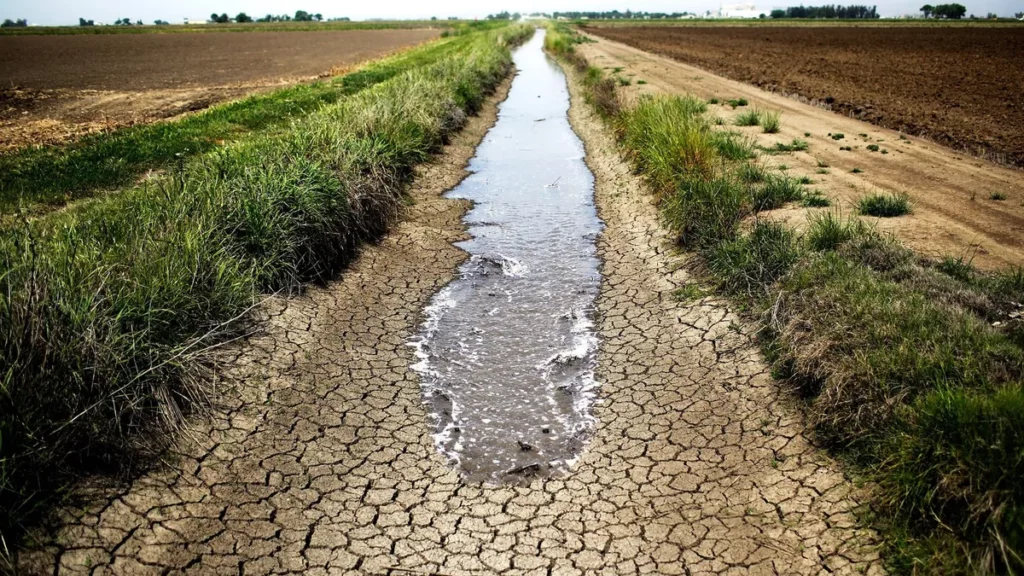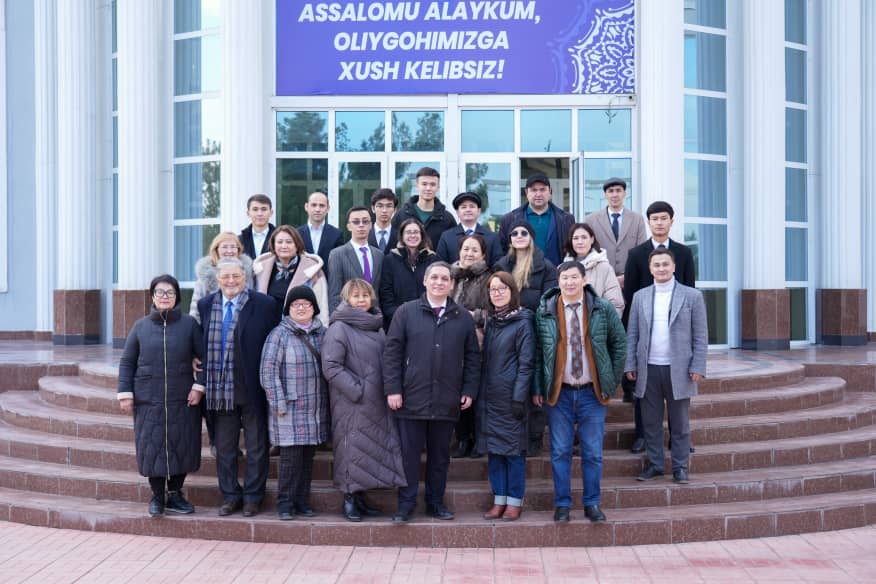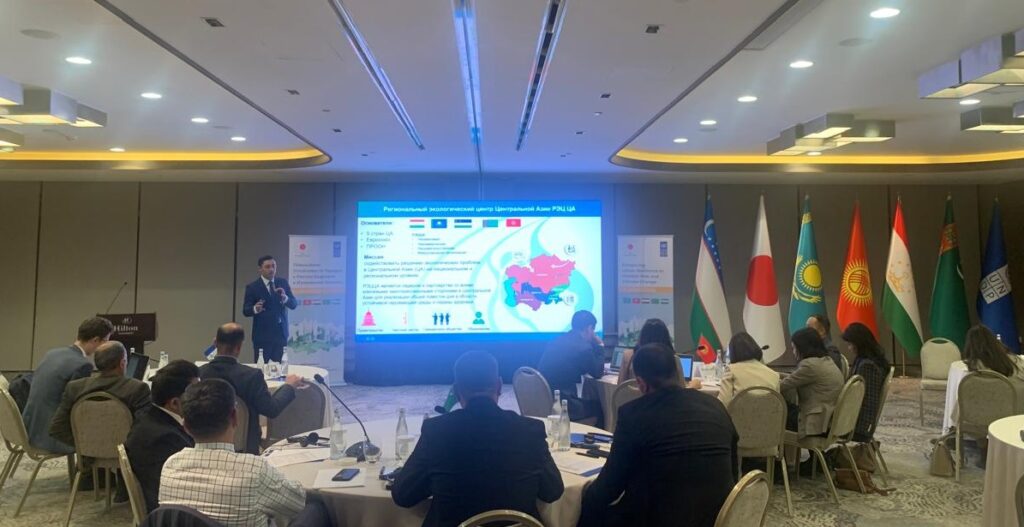
Slowing down the pace of climate change is a critical task for Central Asian countries to avoid significant economic losses, said Bo Li, Deputy Managing Director of the International Monetary Fund (IMF), at the forum “New Economic Challenges for Long-Term Development.”
According to Bo Li, the Caucasus and Central Asia region is particularly vulnerable to climate change. Temperatures in the region are rising rapidly, and the frequency of droughts and floods is increasing, leading to severe crop losses, destruction of infrastructure, and a decline in living standards.
“The IMF estimates that if no measures are taken to slow climate change, Central Asia will lose up to 6.5% of its production annually by 2060,” he noted.
However, as Bo Li emphasized, these losses can be significantly reduced through joint efforts to reduce carbon emissions, adapt to new climate conditions and transition to a low-carbon economy. Countries in the region should focus on introducing green technologies, increasing energy efficiency and rational use of natural resources.
“An example of such initiatives is Kyrgyzstan, which is already taking steps to increase electricity tariffs and gradually eliminate energy subsidies,” the IMF representative noted.
These measures will not only help the country adapt to climate change, but will also create new high-paying “green” jobs, which, as Bo Li noted, are paid on average 7% higher than regular ones.
https://economist.kg/ekonomika/2024/09/12/tsientralnaia-aziia-mozhiet-potieriat-6-5-proizvodstva-k-2060-ghodu-iz-za-izmienieniia-klimata-mvf/



